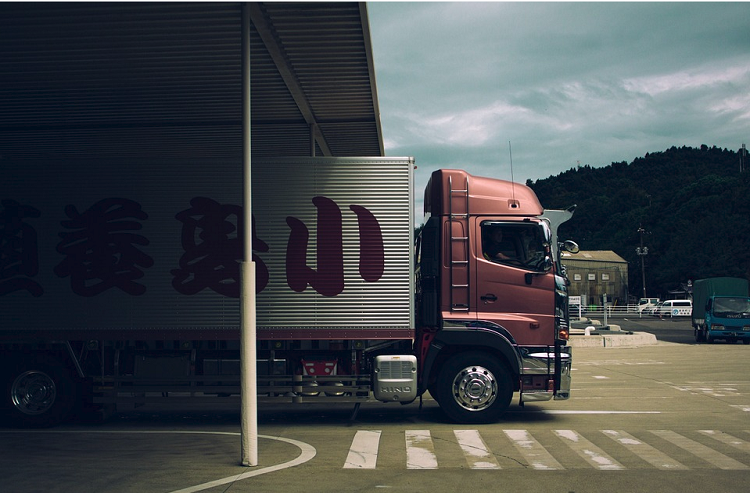As concern grows regarding the availability of goods in the approach to Christmas, Thanos Papadopoulos, Professor of Management in Kent Business School, explains how supply chains have been strained long before now. He said:
‘This Christmas the supply of Christmas trees, toys, alcohol and food are “under threat” in UK, mainly due to issues surrounding supply chains.
‘The shortages in labour in the farming and agricultural sectors have been the result of the double act of the pandemic, and the disruptions caused by Brexit and workers’ visas. With the new immigration rules in effect but without necessarily enough preparation from both the government and suppliers, sectors relying on workers from EU, such as HGV drivers and workers in fields/poultry farms, have struggled.
‘Unharvested vegetables and fruit, as well as surplus of pigs in farms have created waste, stress, financial problems within supply chains and a catastrophic collapse in the price of pork. At the same time, shoppers are getting their orders for Christmas food very early and shortages, as well as panic buying, were predictable.
‘The Prime Minister attributed the shortages to the pandemic; to businesses for using immigration as an excuse not to invest in their company or staff; and to necessary pains for the economy to thrive after Covid and Brexit .
‘It is true that the supply chain challenges may relate to Brexit and Covid, but they are also related to materials and workers’ shortage, as well as transportation delays happening at the same time with spikes in demand for consumer goods and materials.
‘The government has been re-active by issuing temporary visas for workers and HGV drivers, which is only a short-term solution as many of these expire on New Year’s Eve.
‘It is a matter of urgency, for consumers getting their goods and British businesses being saved from huge losses, that we go beyond the holiday of Christmas to be able to create a resilient supply chain that will allow for responding well in unprecedented challenges.
‘Christmas will be saved. More planning, coordination, collaboration, and local sourcing are all taking place. But it important to look ahead, acting proactively to mitigate risk, and delineating a long-term resilience strategy.
‘This strategy must include investments in local supply chains to foster collaboration and adaptation to changing circumstances; technology adoption, integration and swift informed decision-making based on data will allow to predict shortages and challenges as well as to re-act quickly when the situation worsens.
‘The better and quicker a long-term strategy is put in place, the stronger and more resilient the supply chain will be in unprecedented challenges.’
Thanos Papadopoulos, Professor of Management, Kent Business School
The University’s Press Office provides the media with expert comments in response to topical news events. Colleagues who would like to learn more about how to contribute their expertise or how the service works should contact the Press Office on 3985 or pressoffice@kent.ac.uk



